11 Household Items That Expired Without You Realizing
Many household items can lose their effectiveness or even become hazardous over time, even if they don’t show obvious signs of expiration. From cleaning supplies to safety equipment, certain products quietly degrade, leaving you unaware that they no longer serve their intended purpose. It’s important to regularly check and replace these items to ensure your home remains safe and functional.
This post may contain affiliate links, which helps keep this content free. Please read our disclosure for more info.
Cleaning Products
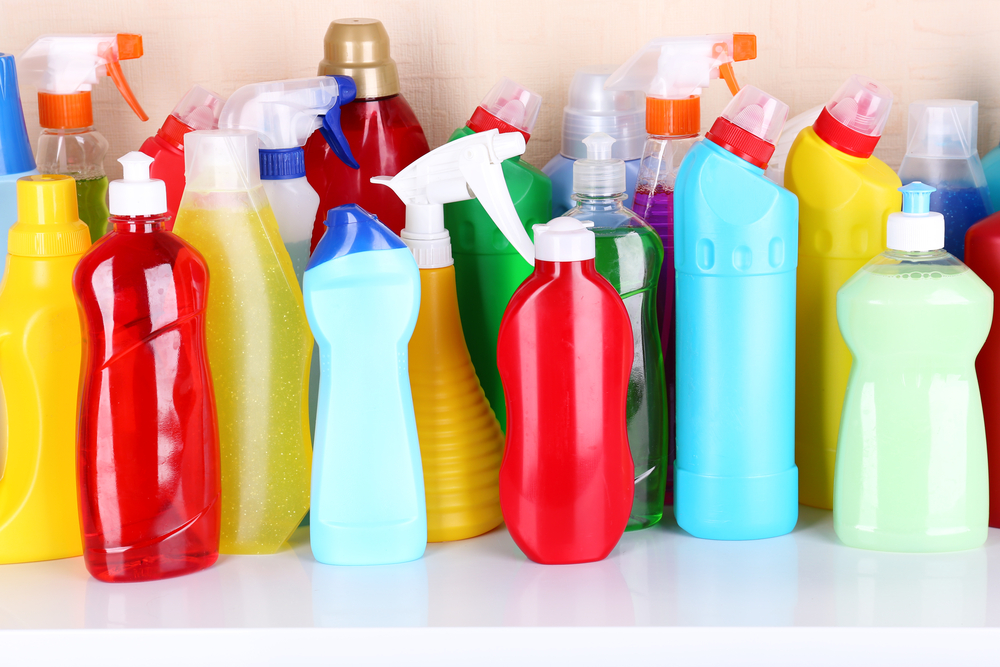
Cleaning products, like all-purpose cleaners and disinfectants, can lose their effectiveness over time. The chemicals that make them effective in removing dirt, stains, and bacteria degrade, often without any visible signs of expiration. For instance, bleach and ammonia-based cleaners lose their potency after about a year, meaning they might not disinfect properly or clean as thoroughly. It’s essential to check for expiration dates or replace them every 12-18 months, especially if you don’t use them often.
Even if the product still appears usable, expired cleaners can be a health hazard. Without proper disinfecting power, germs and bacteria may linger on your surfaces, potentially leading to health risks. So, while it may seem like your cleaning supplies are good to go, their reduced efficiency might be doing more harm than good in the long run.
Spices

Spices are a staple in many kitchens, but they are not meant to last forever. While they may not spoil in the traditional sense, spices like paprika, cumin, and oregano lose their strength over time. Typically, ground spices should be used within 1-3 years, while whole spices may last a bit longer, up to 4 years. As they age, the oils responsible for their aroma and flavor dissipate, leaving you with a less vibrant taste in your cooking.
Storing spices in a cool, dark place can extend their shelf life, but once they pass their prime, they won’t provide the same flavor punch. While you may not notice the change immediately, you’ll likely find that your meals taste blander or less aromatic than before. For maximum flavor, try rotating your spice rack and replacing expired items regularly.
Batteries

Batteries are often forgotten in drawers or cabinets, but they do have a shelf life, and they can lose their charge even before they are used. Most batteries have an expiration date printed on the packaging, but over time, even unused batteries will slowly lose their power. As they age, the chemicals inside break down, which can result in leakage or even battery rupture. This can be hazardous to both your devices and your health, especially when it comes to devices like hearing aids or cameras that rely on high energy.
Even rechargeable batteries degrade after hundreds of charge cycles, and their performance decreases over time. If you find old batteries lying around, it’s a good idea to dispose of them properly and replace them with fresh ones. Batteries that are beyond their expiry date or have been stored incorrectly can also leak and cause damage to your devices, so regular checks are important.
Fire Extinguishers
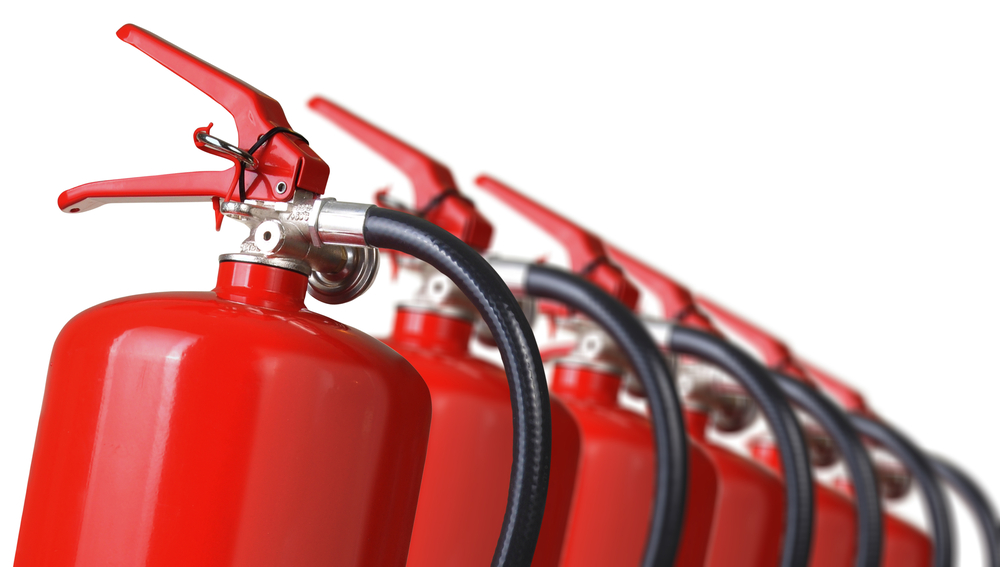
Fire extinguishers are essential safety tools, but they need to be replaced or maintained regularly to stay effective. Most fire extinguishers have a shelf life of about 5-12 years, depending on the type. Over time, the pressure inside the canister can decrease, making the extinguisher less effective or preventing it from functioning altogether when you need it most. If the gauge on the extinguisher reads “low,” or if you notice any rust, dents, or other visible signs of damage, it’s time to replace it.
Even if your fire extinguisher looks fine, be sure to check the expiration date. Some models require periodic maintenance, such as shaking them to prevent the powder inside from settling. Regularly inspecting your fire safety equipment ensures that it’s ready to work when an emergency arises.
Smoke Detectors
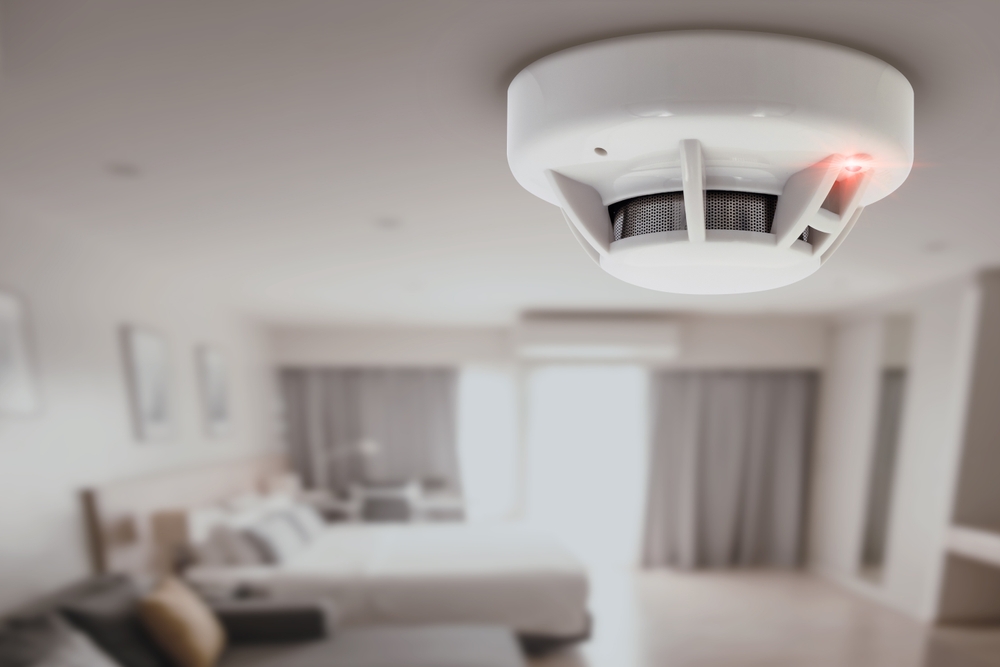
Smoke detectors are a crucial part of any home’s safety system, but their effectiveness can diminish over time. The sensors in smoke detectors typically have a lifespan of around 10 years. After this time, they become less sensitive and may fail to detect smoke properly. Even if the detector seems to be working fine, the internal components can degrade, so it’s a good idea to replace it every 10 years or when it starts to give false alarms.
In addition to replacing the detector every decade, regularly changing the battery (typically every six months) is essential to ensure it remains functional. Keeping the detector clean by dusting it regularly can also help maintain its accuracy, but it will eventually need to be replaced. Relying on an expired or malfunctioning smoke detector puts your home at risk, so make sure to stay on top of replacements.
Makeup Products
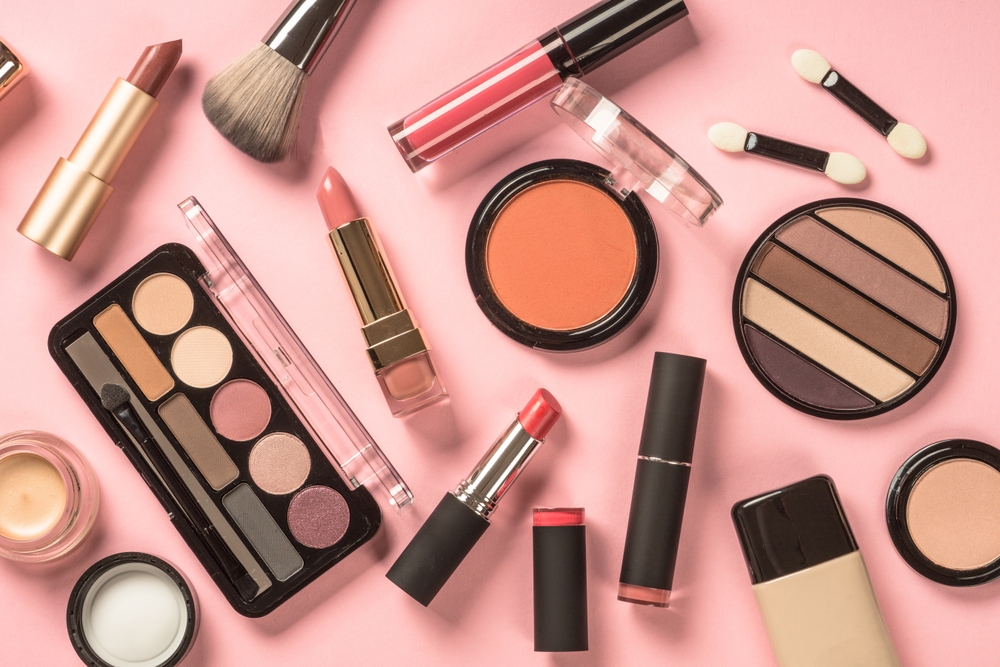
Makeup products like foundation, mascara, and lip balm have a shelf life, even if they seem fine. Many makeup items contain preservatives that break down over time, potentially leading to bacterial growth. Mascara, for example, can cause eye irritation if it’s kept for too long. Other products, like liquid foundation, can change in consistency and become harder to apply after their expiration date.
Makeup that has passed its shelf life may also lose its effectiveness, and the pigments may no longer be vibrant. To ensure safe use, check expiration dates, replace products regularly, and be mindful of changes in smell, texture, or color.
Perfume

Perfume, while not something you might immediately think of as expiring, does lose its potency and fragrance over time. Exposure to heat and light accelerates the breakdown of the perfume’s chemical compounds, making it smell off or different. Most perfumes have a shelf life of 3-5 years, after which they can develop an unpleasant odor. To extend the life of your fragrance, store it in a cool, dark place.
Perfume can also change its chemical composition after long storage, so it might not smell as good as when it was first purchased. If you notice the fragrance turning or separating, it’s time to toss it. Keep track of your perfume’s age to avoid using a scent that no longer suits you.
Toothbrushes
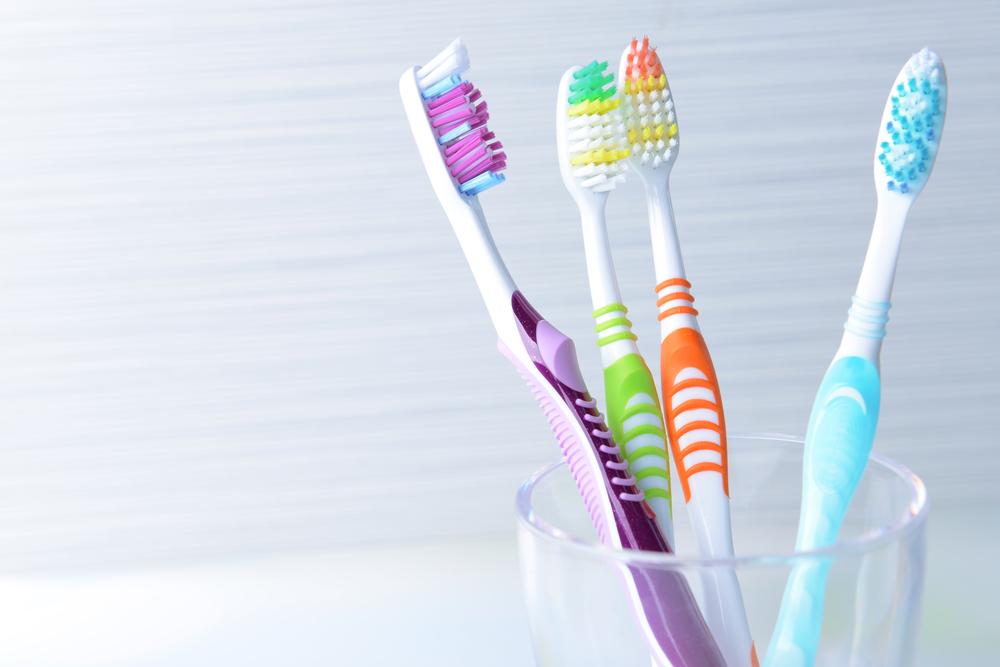
Toothbrushes do not last forever, and they lose their effectiveness the longer they are used. The bristles on a toothbrush become frayed after extended use, making it harder to clean your teeth properly. Dentists recommend replacing your toothbrush every 3-4 months, or sooner if the bristles are visibly worn out. Using an old, worn-out toothbrush can lead to ineffective cleaning and even gum irritation.
In addition to the bristles deteriorating, bacteria can build up on the toothbrush over time. Even if it is stored properly, germs and bacteria can breed in the bristles, leading to potential oral health issues. To maintain good dental hygiene, be sure to replace your toothbrush regularly and keep it clean.
Medications

Medications have expiration dates for a reason. Over time, the chemical composition of drugs can change, which may reduce their effectiveness or even cause them to become harmful. While most medications don’t immediately turn dangerous after their expiration date, they may not work as well for treating illnesses. Expired medications should be disposed of properly, and you should always check for the expiration date before taking anything.
For certain medications, such as antibiotics, using them past their expiration date can be particularly risky. Taking expired antibiotics may not clear up an infection as effectively, leading to complications. For the best results, replace medications regularly and consult with your healthcare provider if you have expired prescriptions.
Cleaning Sponges
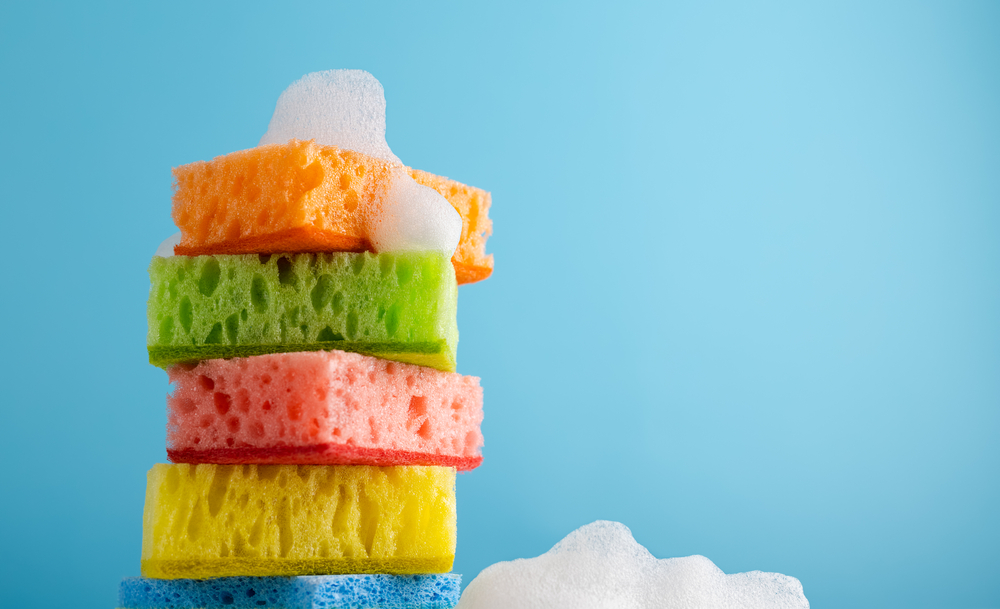
Cleaning sponges and dishcloths can harbor bacteria over time. Though they may look clean, sponges absorb food particles, soap, and bacteria from your kitchen. After several uses, they can become breeding grounds for harmful germs, especially if they are left damp. It’s important to replace them every 1-2 weeks or sooner if they start to look worn or smell unpleasant.
Using an old sponge can lead to cross-contamination when cleaning your kitchen surfaces. To ensure you are cleaning effectively, regularly replace your sponges and disinfect them if you plan to use them longer. Simple practices like changing sponges frequently can significantly reduce the spread of bacteria.
Water Filters
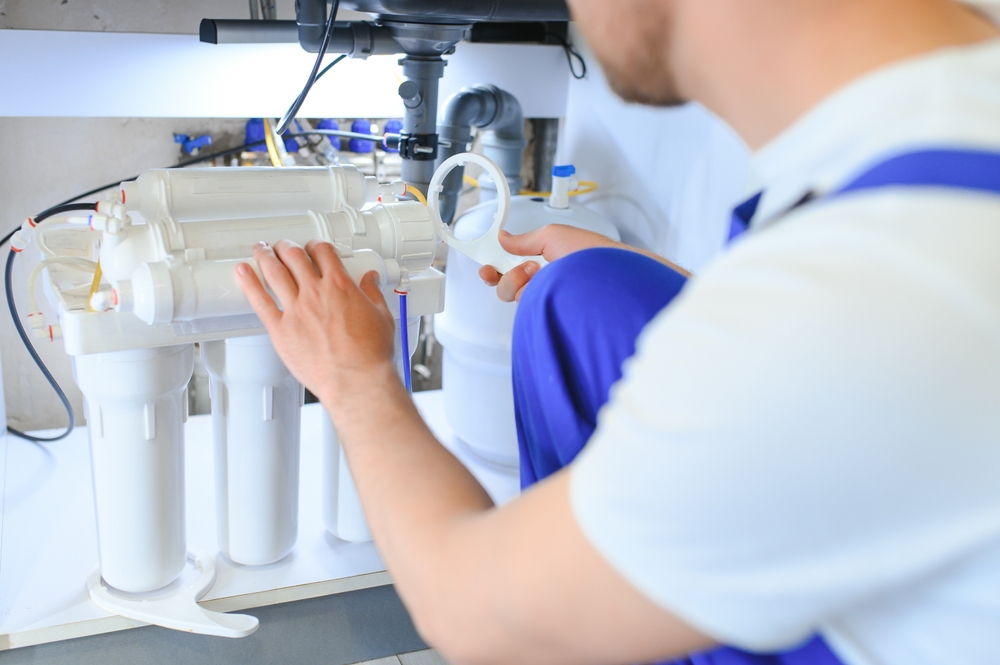
Water filters, whether for your faucet, fridge, or pitcher, are essential for clean drinking water. However, these filters have a limited capacity and should be replaced according to the manufacturer’s instructions. As the filter becomes clogged with contaminants, it becomes less effective, and harmful substances may end up in your water. Most filters need to be replaced every 2-3 months, depending on usage and water quality.
Failing to change your water filter can lead to bacterial buildup, which could pose a health risk. Make sure to check the expiration date on your filter, and follow the recommended replacement schedule to maintain clean water. Regular maintenance ensures that your filtration system continues to perform at its best.
This article originally appeared on Avocadu.
